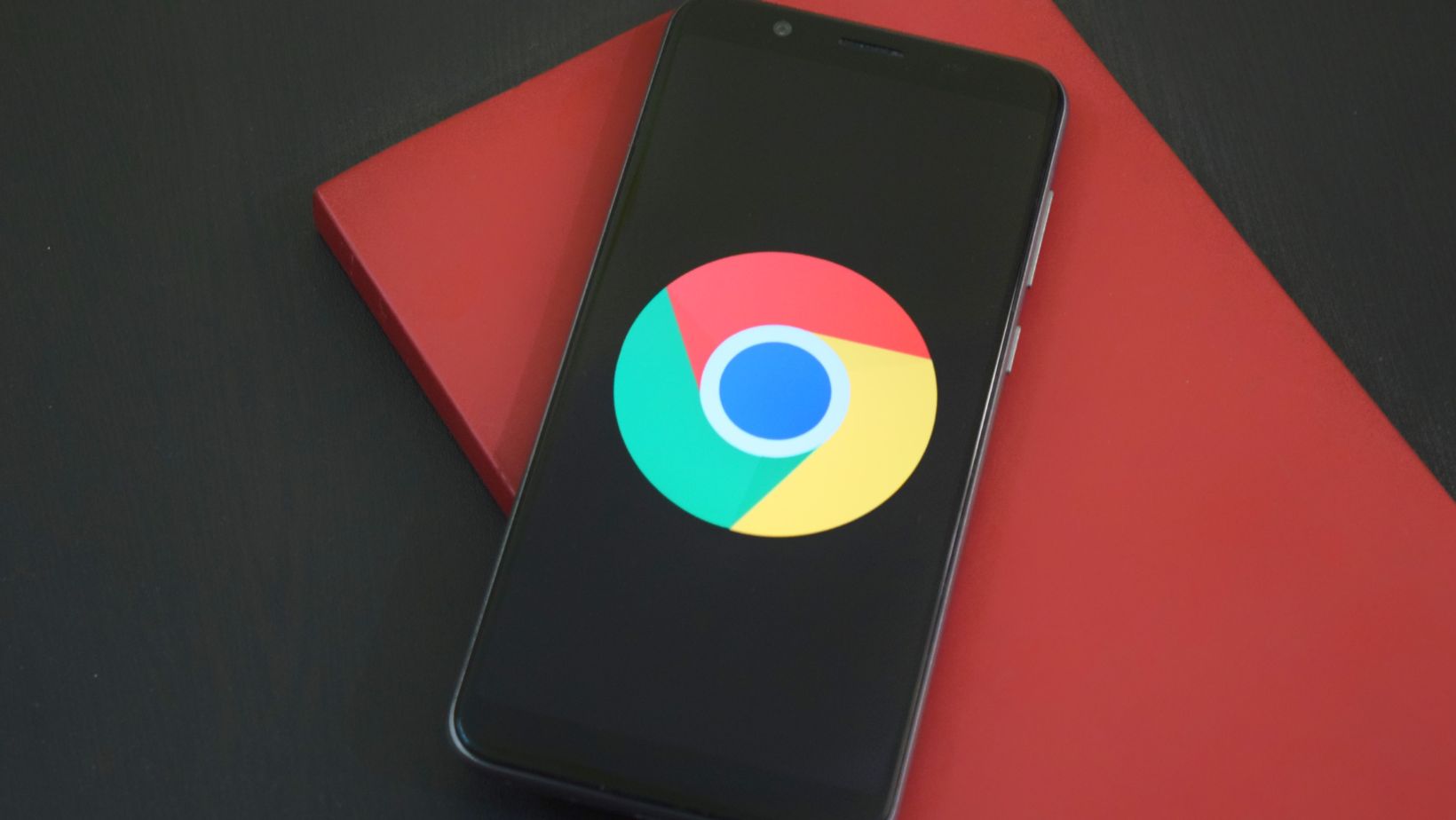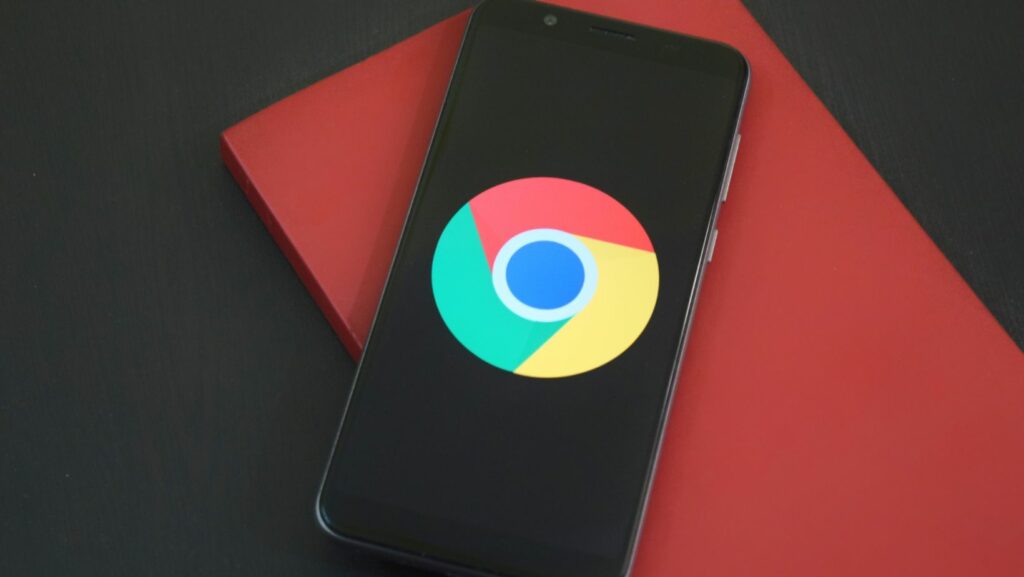
 In the realm of web browsing, speed and efficiency are king. Google Chrome, a leader in the industry, is constantly evolving to deliver the best user experience. One such evolution is the integration of hardware acceleration, a feature that’s often misunderstood yet holds immense potential.
In the realm of web browsing, speed and efficiency are king. Google Chrome, a leader in the industry, is constantly evolving to deliver the best user experience. One such evolution is the integration of hardware acceleration, a feature that’s often misunderstood yet holds immense potential.
Hardware acceleration in Chrome allows the browser to offload some tasks to your computer’s hardware, thereby boosting performance and enhancing user experience. It’s a game-changer, especially for resource-intensive activities like streaming high-definition videos or running heavy web apps.
This article will delve into the nuts and bolts of Google Chrome’s hardware acceleration, shedding light on its benefits, drawbacks, and how to toggle it on or off. Whether you’re a casual surfer or a power user, understanding this feature could significantly transform your browsing experience.
Google Chrome Hardware Acceleration
Shedding further light on Google Chrome’s feature, this section unravels the crux of hardware acceleration and how it plays a pivotal role in web browsers.
Google Chrome’s hardware acceleration stands out as a game-changer in the realm of web browsing. It’s not just about speed but the overall enhancement of user experience. By offloading graphic tasks to the GPU, Chrome ensures smoother performance.
This is particularly beneficial for heavy-duty activities like streaming HD videos and running complex web applications. The added advantage? It eases the burden on your CPU, preventing overheating during intensive tasks and improving multitasking capabilities. Moreover, users may notice faster page loads and smoother scrolling, enhancing everyday browsing.
What is Hardware Acceleration?
Hardware Acceleration refers to the process where certain tasks, typically computationally intensive ones, get dispatched to specialized hardware components in the system. These components are designed to perform their designated tasks faster than the CPU could. Examples include video rendering, web pages scrolling and animations, 3D graphics, and so forth.
The Role of Hardware Acceleration in Browsers
In browsers, hardware acceleration proves beneficial due to its principle of offloading. By sending graphical tasks to the graphics card instead of the primary processor, the workload gets evenly distributed. This effectively lessens the tasks of the main processor, optimizes browser performance, and leads to a smoother overall user experience. Streaming high-definition videos, running complex web applications, and facilitating interactive web content are a few examples where hardware acceleration comes into its element. Respectively, its application revolves around enabling quick rendering and seamless user browsing experience.
Pros of Google Chrome Hardware Acceleration
Harnessing hardware acceleration in Google Chrome unveils a gamut of benefits. From enhancing performance to easing strain on the CPU, these advantages significantly enrich the browsing experience.
Improved Performance
Optimal output becomes a reality with hardware acceleration. Google Chrome’s prowess, in delegating graphic-intensive tasks to the GPU, precipitates a substantial boost in performance. Activities, such as streaming high-definition videos, work without a hitch, and heavy web applications exhibit zero latency. For instance, users streaming educational videos or conducting 3D modeling assignments online, experience unparalleled quality and swift response times.
Less Strain on CPU
Hardware acceleration in Chrome has tangible benefits for the CPU. It curtails the CPU’s responsibility of complex graphic processes by designating them to the GPU. This redistribution of tasks mitigates strain on the CPU, thereby holding off potential overheating. A clear example of this benefit is seen in extensive gaming or coding sessions, where the user’s device remains remarkably cool and capable of handling additional tasks concurrently.
Boost Your Browsing
 Google Chrome’s hardware acceleration stands out as a game-changer in the realm of web browsing. It’s not just about speed but the overall enhancement of user experience. By offloading graphic tasks to the GPU, Chrome ensures smoother performance. This is particularly beneficial for heavy-duty activities like streaming HD videos and running web apps. The added advantage? It eases the burden on your CPU, preventing overheating during intensive tasks. So whether you’re gaming, coding, or simply browsing, Chrome’s hardware acceleration can make a world of difference. It’s clear that this feature is worth exploring to optimize your browsing experience.
Google Chrome’s hardware acceleration stands out as a game-changer in the realm of web browsing. It’s not just about speed but the overall enhancement of user experience. By offloading graphic tasks to the GPU, Chrome ensures smoother performance. This is particularly beneficial for heavy-duty activities like streaming HD videos and running web apps. The added advantage? It eases the burden on your CPU, preventing overheating during intensive tasks. So whether you’re gaming, coding, or simply browsing, Chrome’s hardware acceleration can make a world of difference. It’s clear that this feature is worth exploring to optimize your browsing experience.

